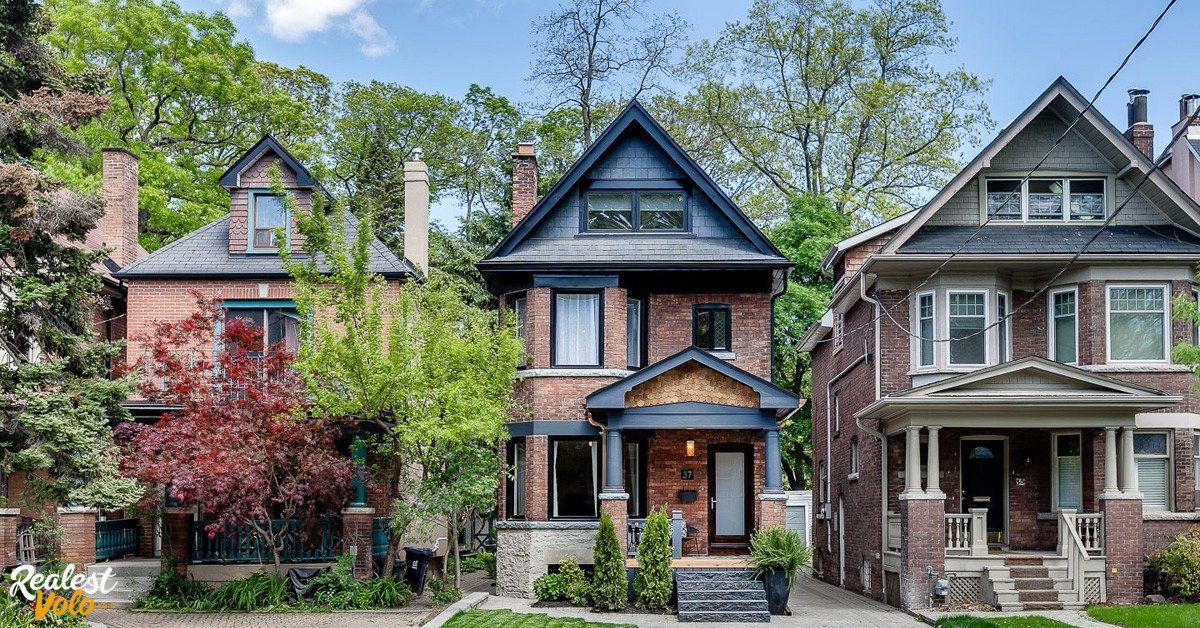In the real estate market, a house can be under contract for a period lasting between 30 to 60 days, although this can vary. This time frame allows for procedures like appraisals, inspections, and underwriting to be completed. Once all conditions are met, the sale can move forward to closing.
During the pending period, which comes after a seller accepts an offer, the property undergoes final processes before closing. Delays in this stage can occur due to various reasons, such as repairs, financing issues, or missing paperwork. Sellers can legally back out of a contract if certain conditions are met, such as buyer default or as stipulated in the agreement.
What does it mean when a house is still under contract?
When a house is under contract, it means that the buyer and seller have signed a legal agreement to purchase the property. This contract includes details about the property, cost, and any contingencies that must be met.
Being under contract also implies that both parties are legally obligated to fulfill the terms of the agreement. If all conditions are met, the sale proceeds to closing; if not, the contract may be terminated based on the contingencies outlined in the agreement.
What is the difference between pending and under contract?
When browsing real estate ads for a new home, you may come across terms like “contingent,” “under contract,” or “pending.” These terms hold distinct meanings and can influence your decision as a buyer regarding whether to continue monitoring the property in case the deal doesn’t proceed as expected.
Under contract
When a house is “under contract,” it means that a buyer and seller have agreed to terms for the sale, but the deal is not yet finalized. The property remains off the market while the necessary procedures, like inspections and appraisals, are completed. During this time, the buyer typically works towards securing financing while the seller prepares to fulfill any remaining obligations. Once all conditions are met, the sale moves forward to closing.
Pending
In real estate, “pending” indicates that a buyer has made an offer on a property, and it’s currently in the process of closing. During this time, all contingencies have typically been resolved, and the sale is pending final approval. This status suggests that the property may soon be off the market, prompting potential buyers to act quickly if interested.
Related Post:How much does a real estate lawyer cost?
How long do most houses stay pending?
In real estate, the duration for which a house remains pending can vary widely depending on multiple factors such as market conditions, buyer and seller preferences, and the complexity of the transaction. While there’s no fixed timeframe, most houses tend to stay pending for around 30 to 60 days on average before the closing process is completed.
During this pending period, all contingencies are resolved, and the final steps towards closing, including paperwork and inspections, are carried out. Buyers who are purchasing the property with cash may often close on the home much sooner, expediting the pending status and moving towards finalizing the sale.
Why would a house be pending for so long?
Numerous unimportant factors can cause a pending offer to remain unacted upon for weeks or even months. These could be delays with surveys, appraisals, homeowner insurance, or even inspections.
Here are a few additional points to be mindful of:
Repairs
Repairs in real estate transactions can sometimes prolong the pending status of a property. While most repairs are agreed upon by both parties, disagreements may lead to legal involvement, keeping the property pending for an extended period.
During this time, the property remains unavailable for other potential buyers, affecting its market status. Once repairs are satisfactorily completed, the pending status can transition to closing.
Financing issues
Financing issues in real estate transactions can prolong the pending status of a house beyond the 30 to 60 days. Buyers and sellers might agree to extend the pending period if there are concerns regarding mortgage approval or other financial matters. These delays are common and require patience and communication between all parties involved.
Missing paperwork or special loans
Issues such as missing paperwork or special loan requirements can prolong the pending status of a house sale. This might include title problems, incomplete documentation, or the need for specific loan approvals, which can delay the closing process. Resolving these issues is essential for moving the sale forward smoothly.
Related post: Gross Commission Income: What is GCI in Real Estate?
What Happens If the Under Contract Period Expires?
Options for Buyers
When the under-contract period expires without closing, buyers can either request an extension or terminate the contract. These options provide flexibility in exploring alternative purchasing strategies. Effective communication with the seller is crucial in navigating these decisions smoothly.
Options for Sellers
When the under-contract period ends without closing, sellers have choices. They can relist the property, renegotiate with the buyer, or withdraw it from the market. Each option provides flexibility for sellers to navigate the situation based on their preferences and circumstances.
Potential Consequences
During the under-contract period, failure to meet obligations can result in consequences. For example, if sellers don’t make agreed-upon repairs, buyers might terminate the contract. If buyers fail to secure financing, sellers may retain the earnest money deposit.
Effective communication and understanding are crucial to avoid such situations. Both parties should comprehend their responsibilities for a successful closing.
Can a seller back out of a contract?
There are two primary ways for a seller to lawfully end a contract:
- For the purposes specified in the agreement: This phrase refers to the conditions outlined in the contract that allow a seller to legally withdraw from the agreement. It includes contingencies and other stipulations agreed upon by both parties.
- The buyer has broken the agreement: If the buyer breaches the agreement, the seller may have grounds to terminate the contract. This can occur if the buyer fails to fulfill their obligations as outlined in the agreement.
Frequently Asked Question
How long does a house typically stay under contract?
A house remains under contract for about 30 to 60 days, but it varies.
What happens if a house stays under contract longer than expected?
If needed, the under-contract period can be extended with mutual agreement between the buyer and seller.
Can a house be under contract indefinitely?
No, there’s a limit to how long a house can stay under contract, typically specified in the initial agreement.
What if a house goes under contract but doesn’t close?
If the under-contract period expires without closing, both the buyer and seller have options to consider, such as renegotiation or termination.
Are there consequences if either party fails to meet obligations during the under-contract period?
Yes, there can be consequences. For example, if the seller doesn’t fulfill agreed-upon repairs, the buyer may have the right to terminate the contract. Similarly, if the buyer fails to secure financing, the seller may retain the earnest money deposit.
Final Words
The duration a house remains under contract varies but generally spans from 30 to 60 days. Flexibility and clear communication between buyers and sellers are key during this period to address any potential delays or issues. Both parties should be aware of their obligations to avoid complications.
If the under-contract period expires without closing, options such as contract extension or termination exist. Understanding these aspects can help buyers and sellers navigate the real estate process more effectively.













